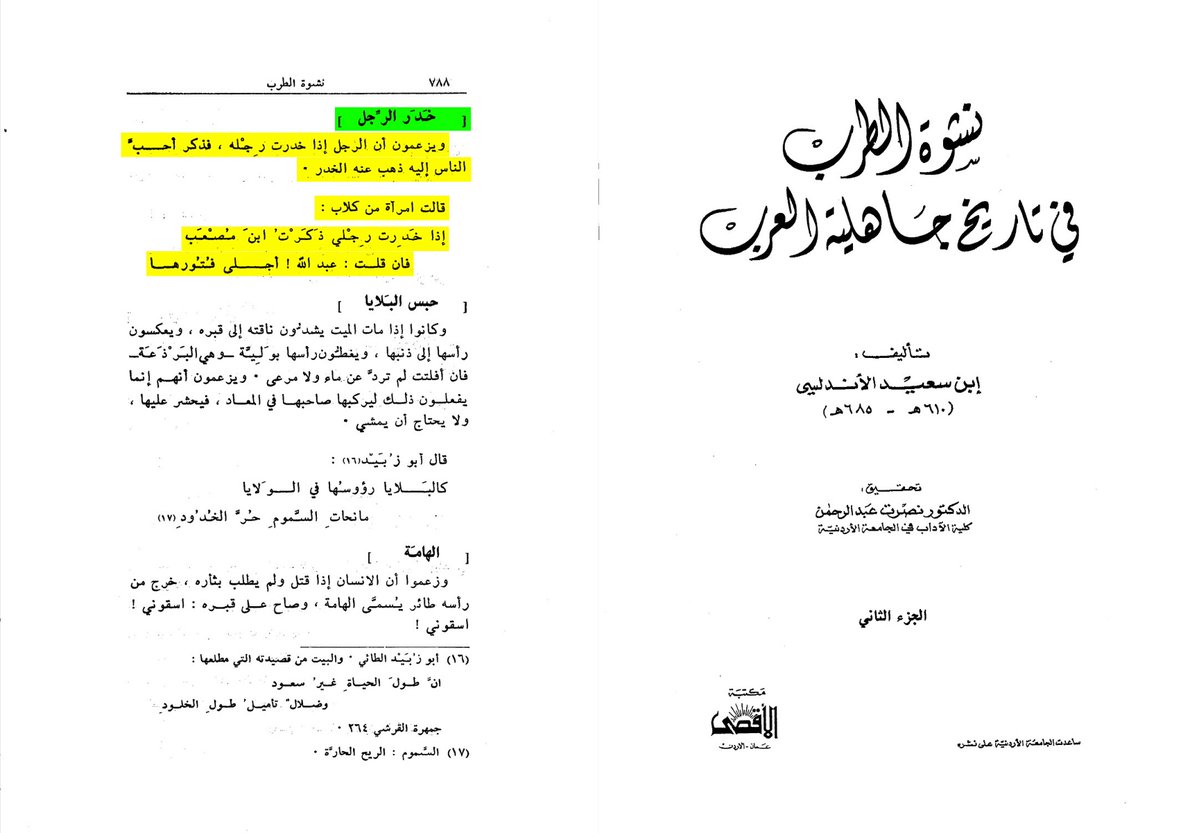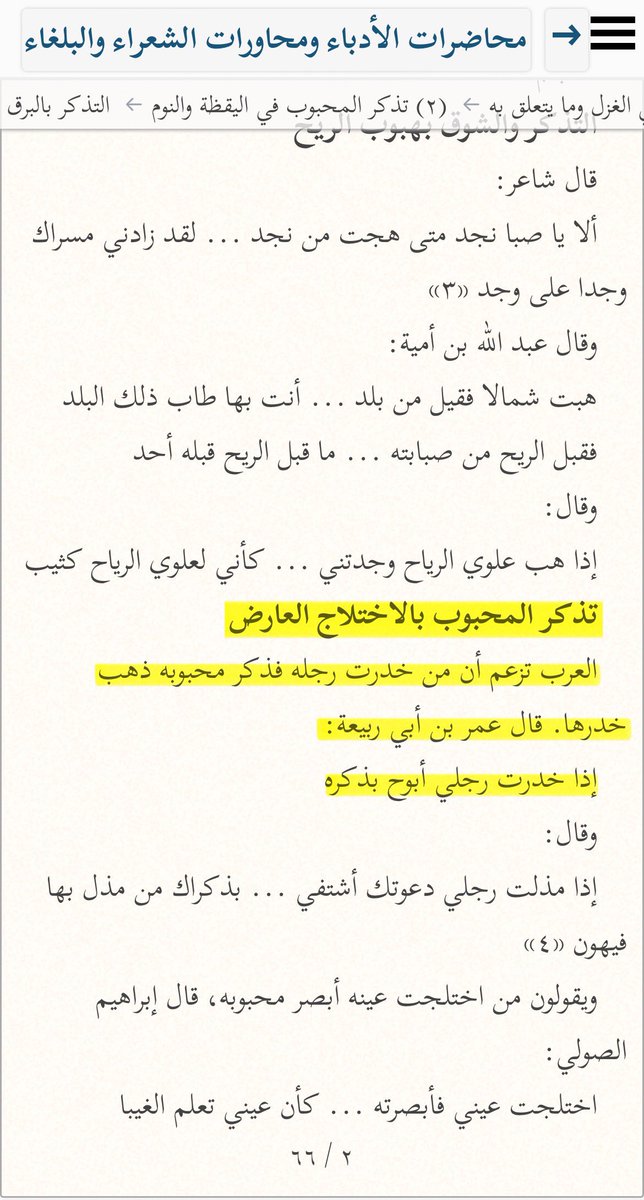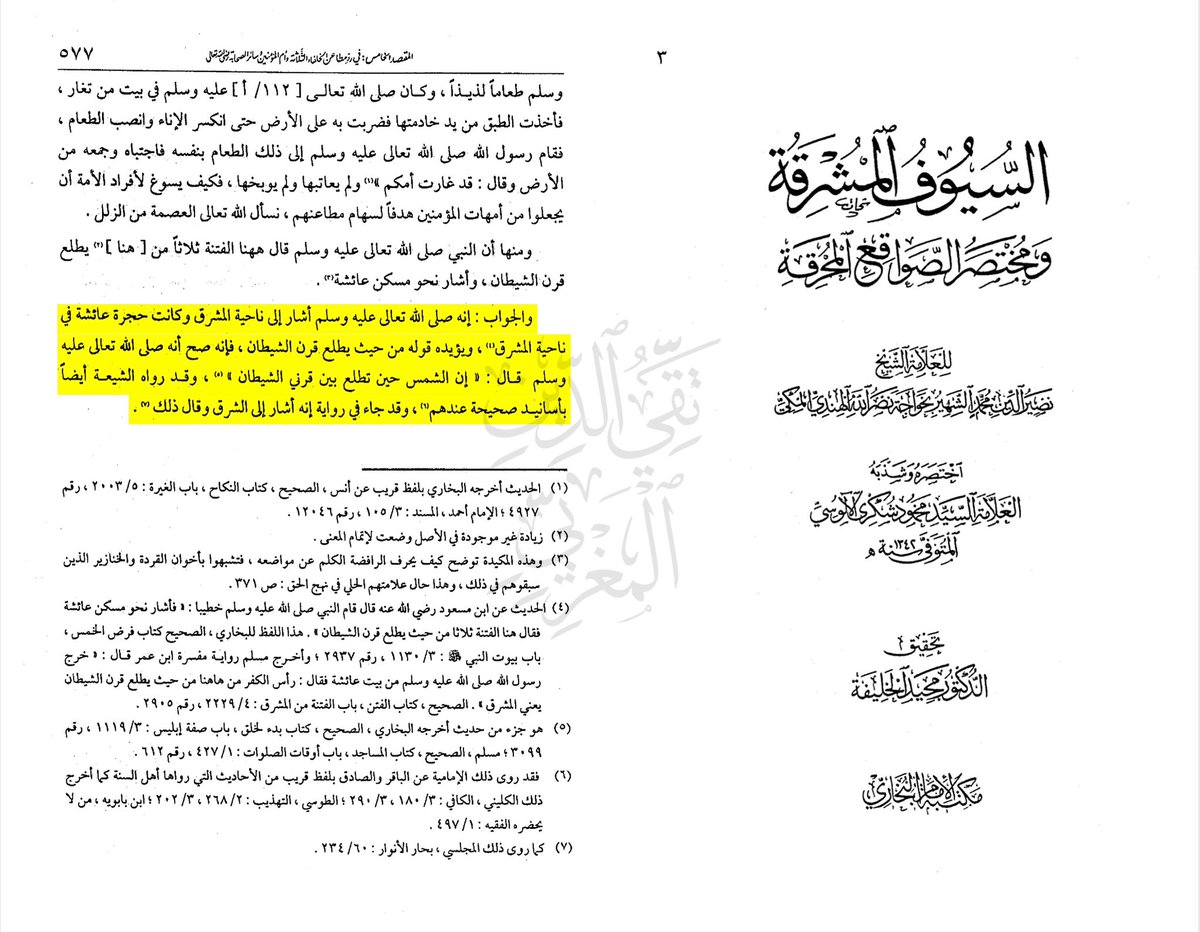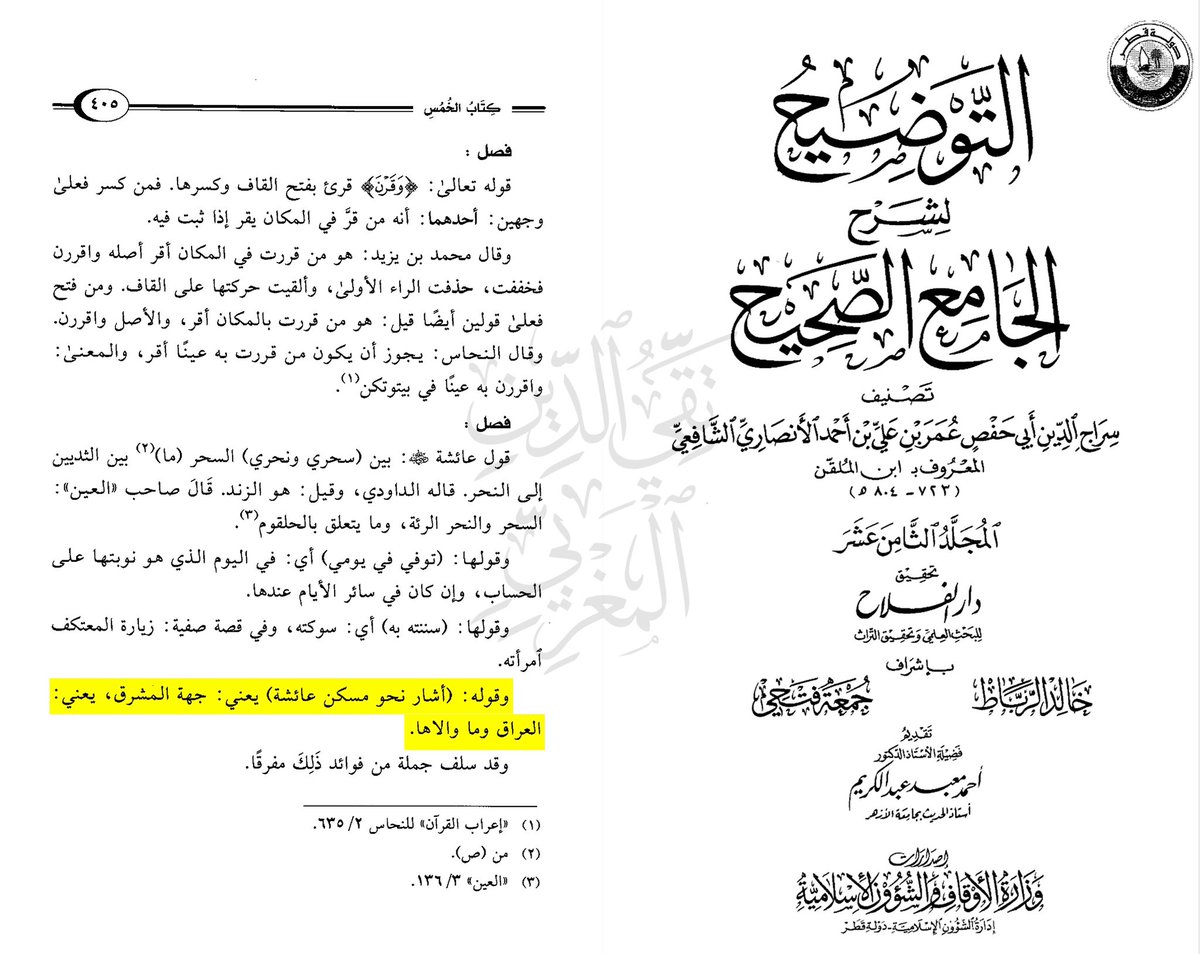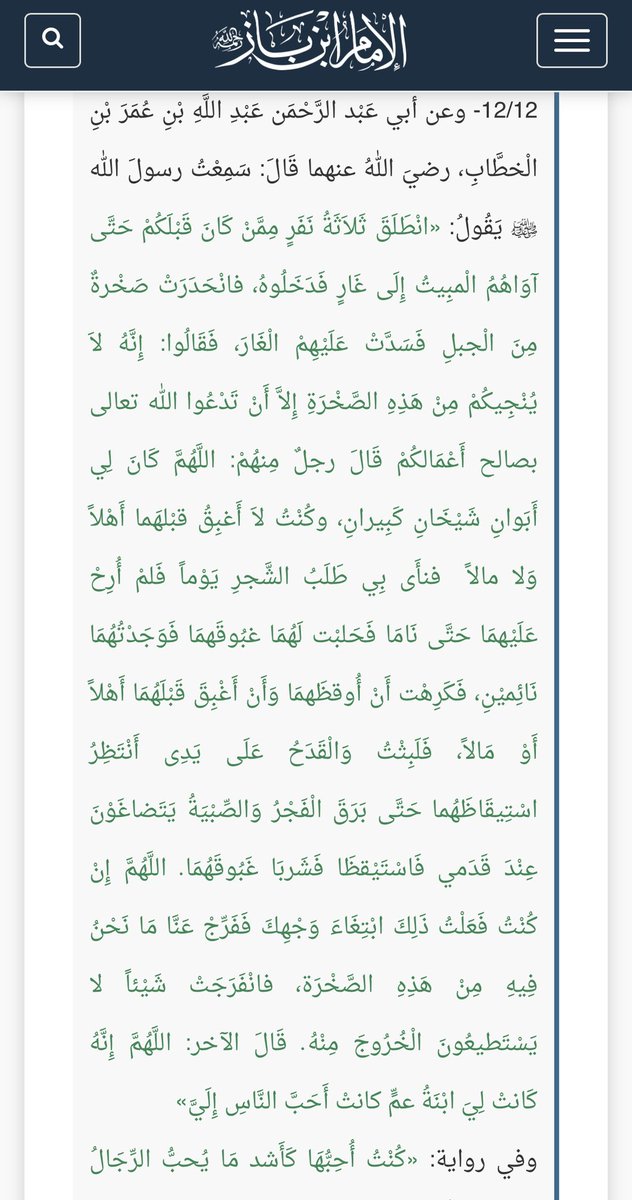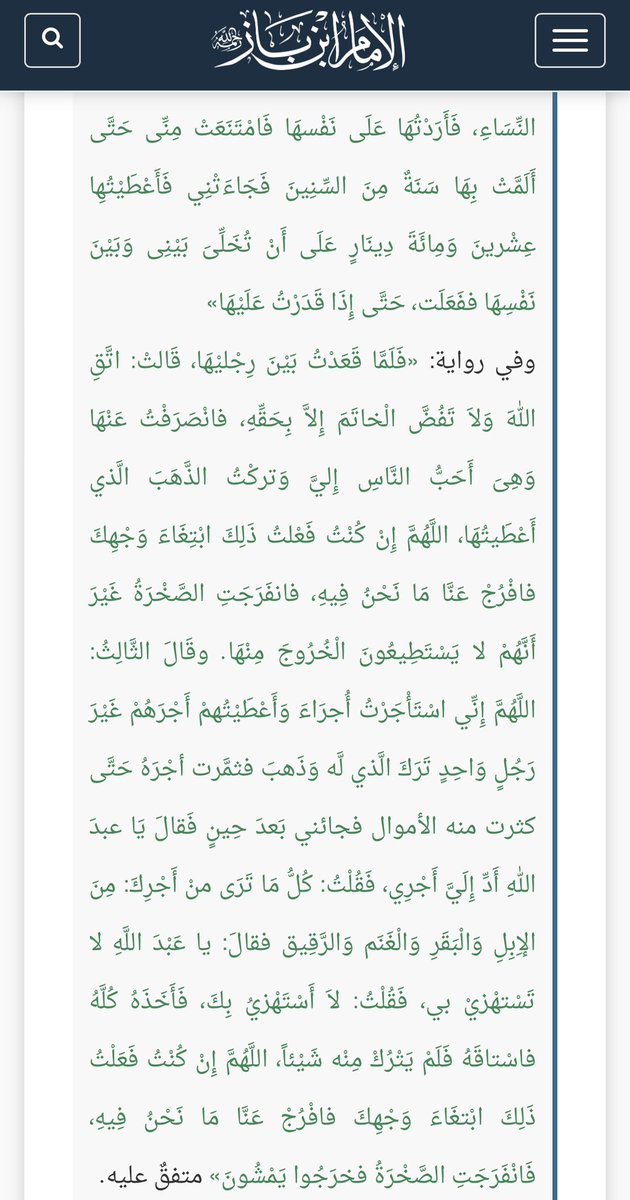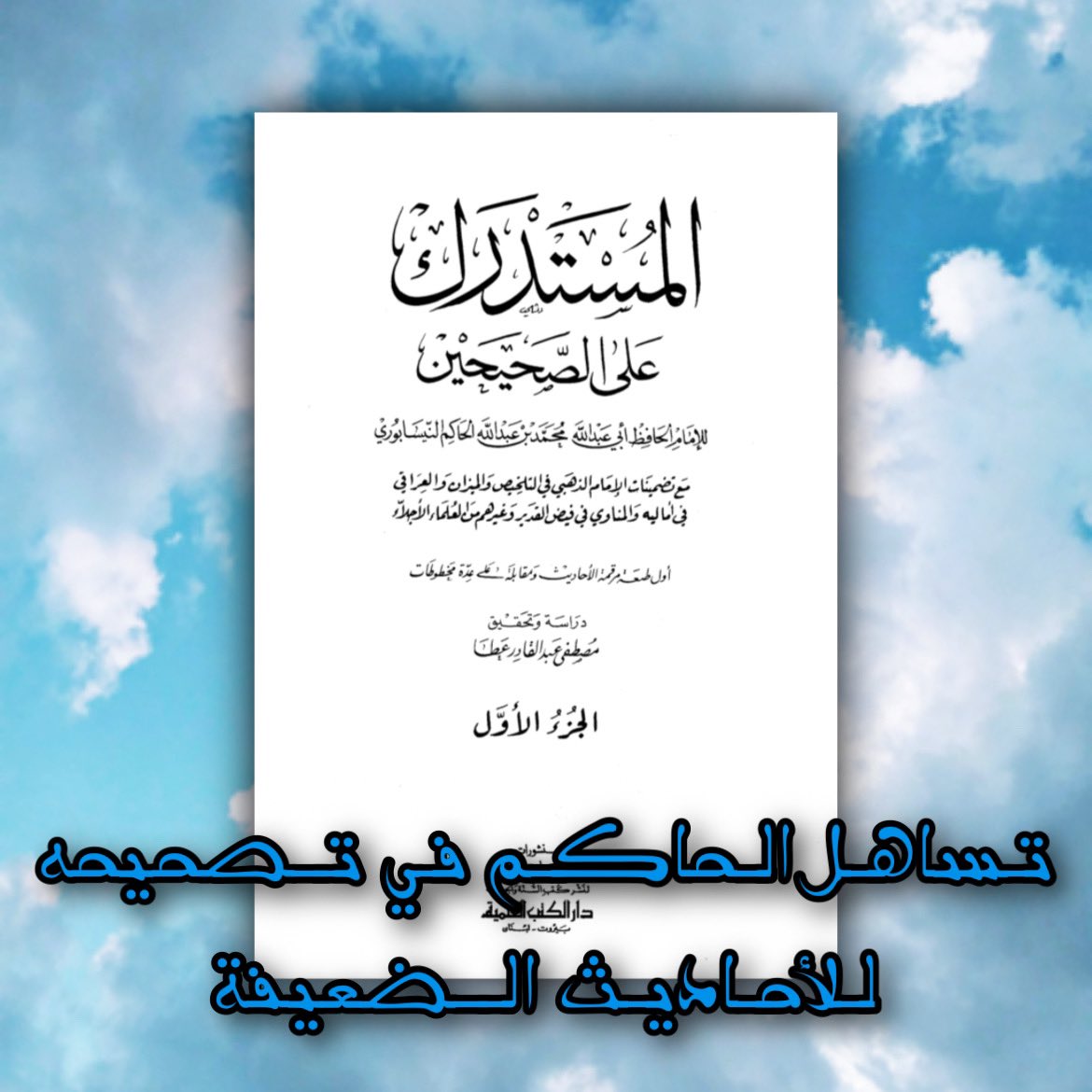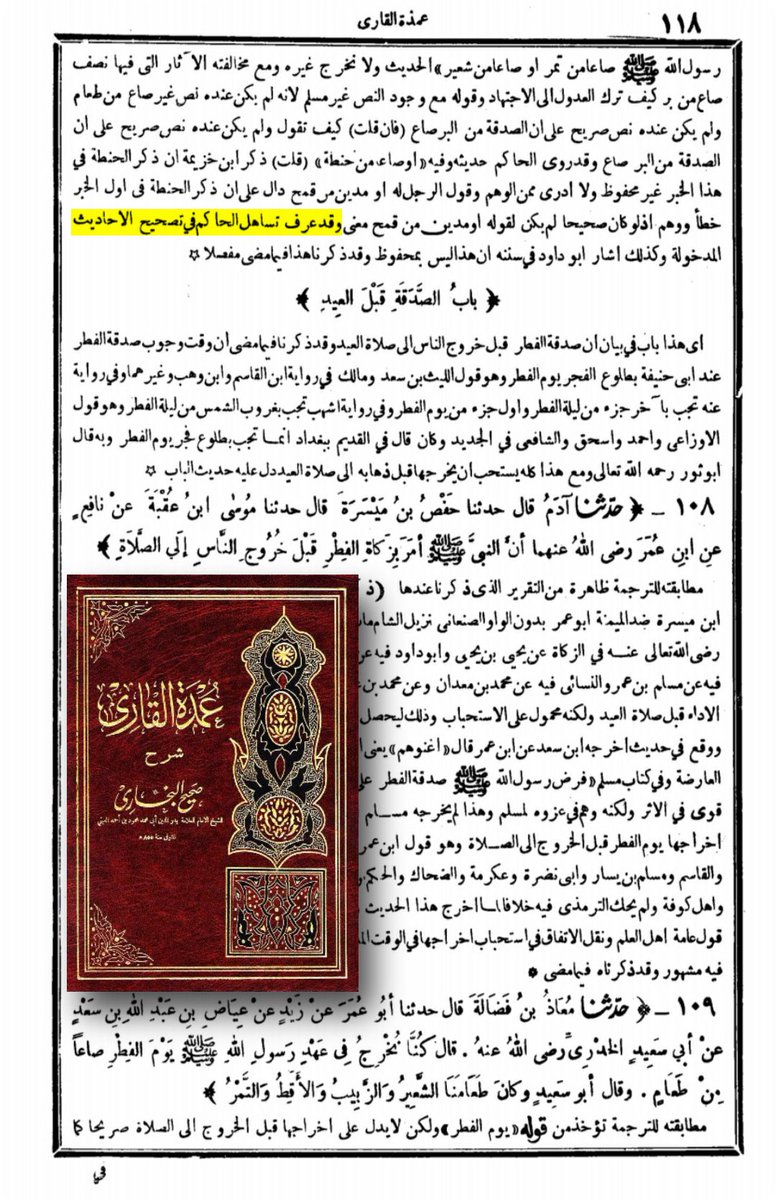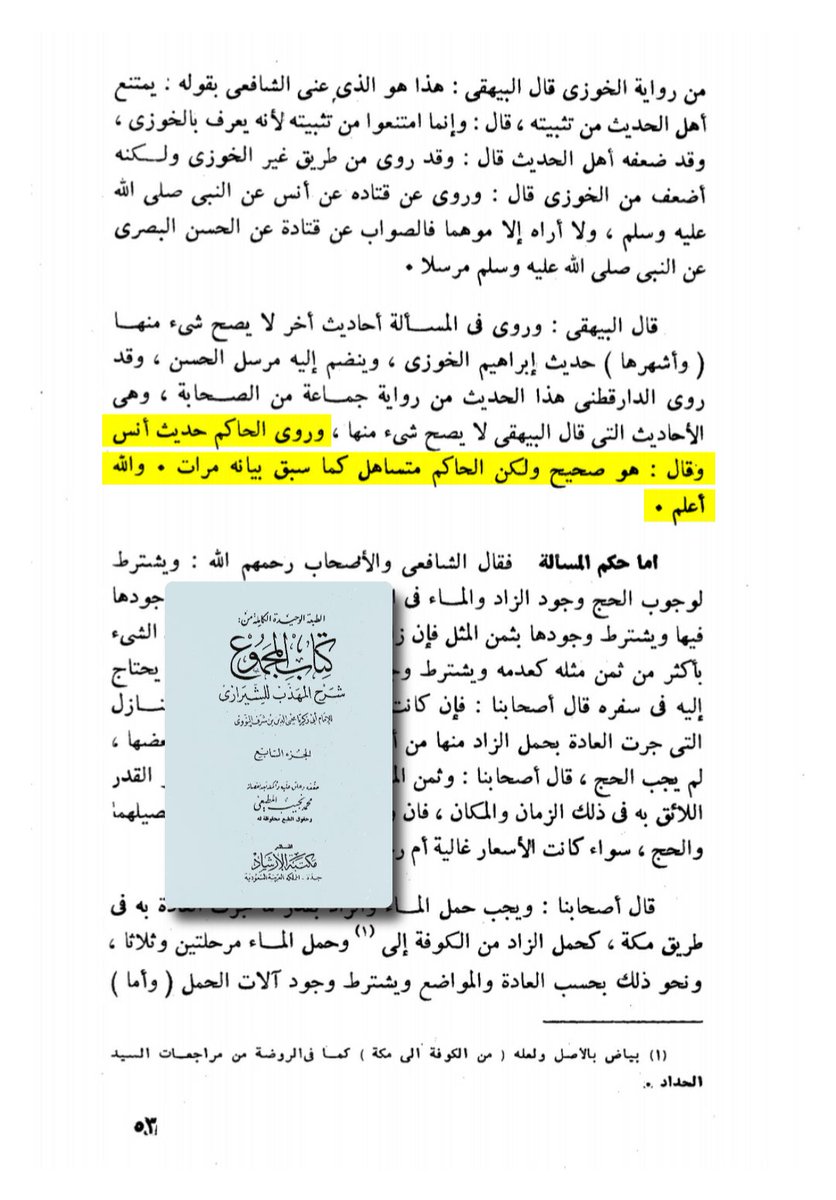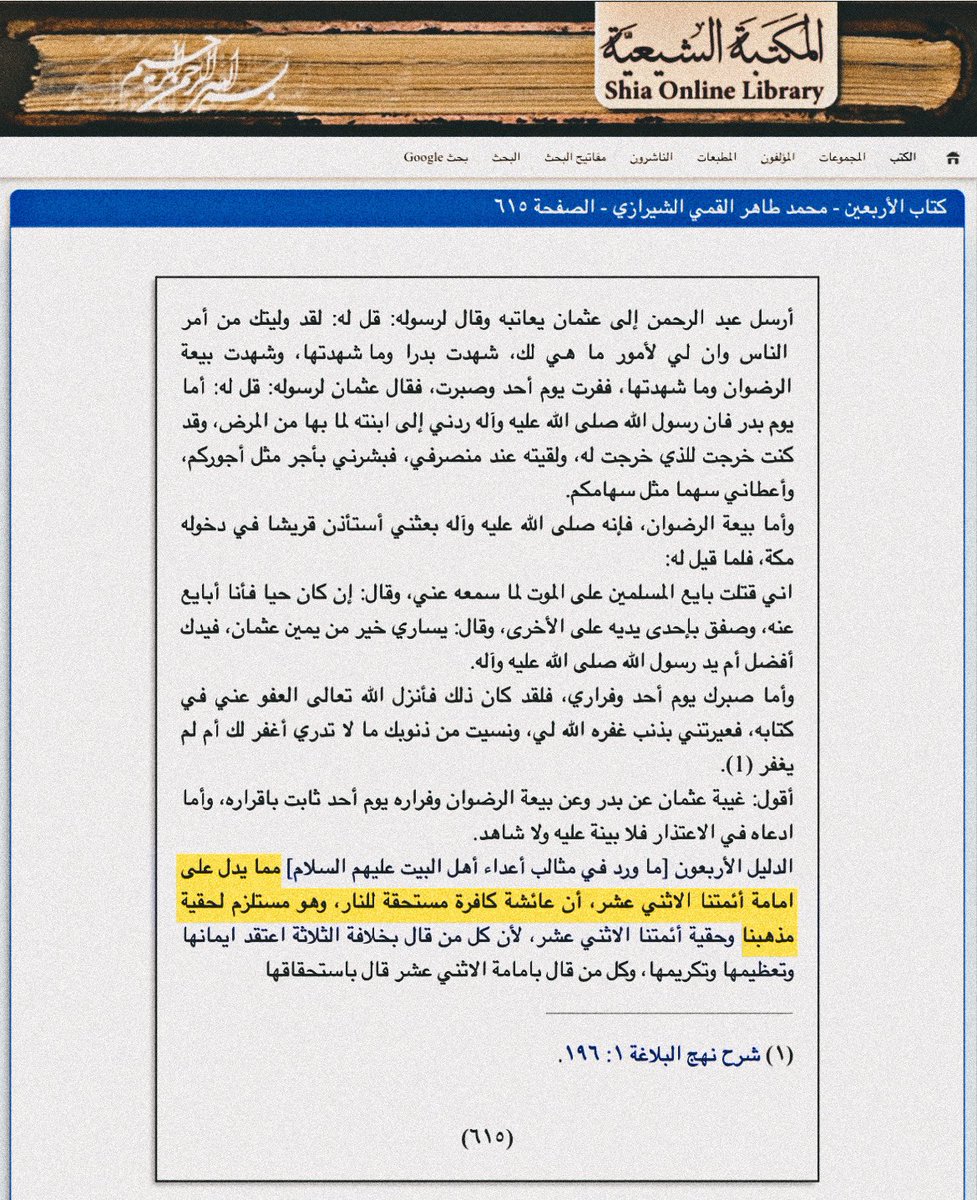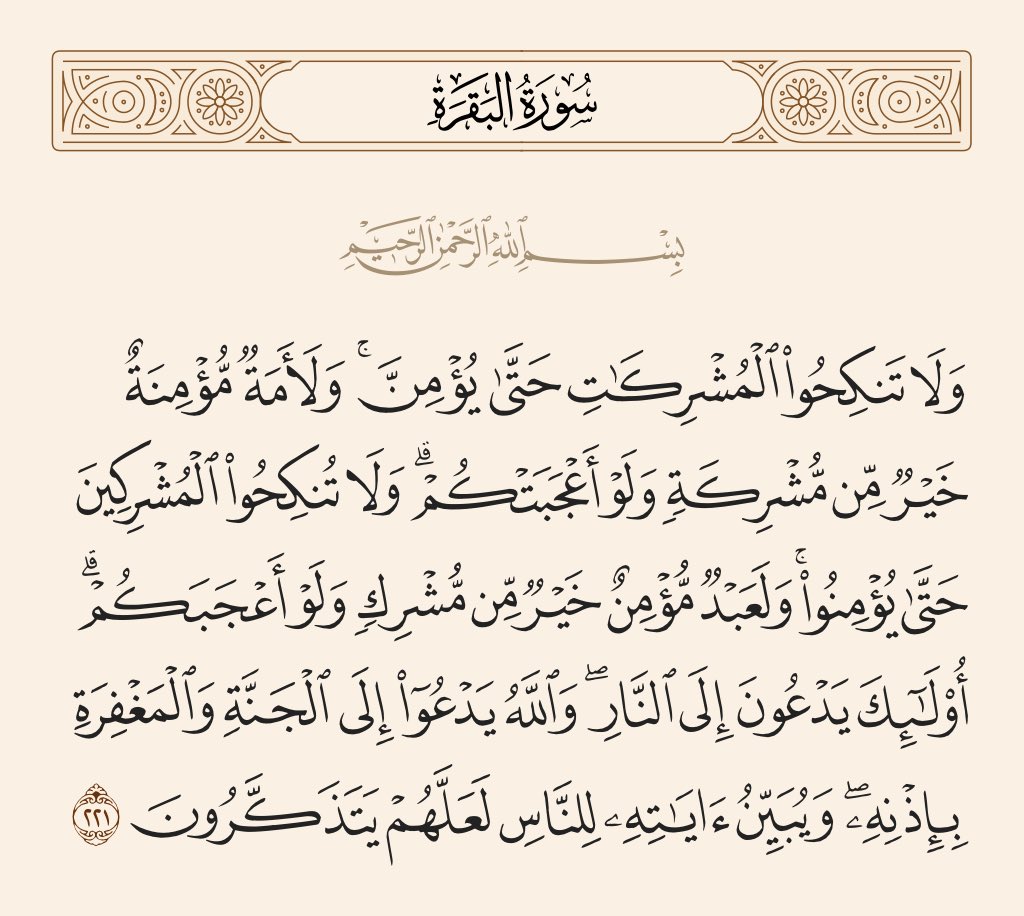🧵 Thread ➙ Did Aisha (may Allah be pleased with her) really violate the Quranic verse in Surat al-Ahzaab?
Response to @alhabib_en and @RafidaOrg
Response to @alhabib_en and @RafidaOrg
https://twitter.com/alhabib_en/status/1468566058382643204

By going out to battle, did Aisha (ra) disobey the statement of the Most High: “And stay in your houses, and do not display yourselves like that of the times of ignorance” - (Surat al-Ahzaab, v. 33)?
The answer is “no” and the reasons for that are…
The answer is “no” and the reasons for that are…

The Messenger of Allah ﷺ said: “O women! You have been allowed by Allah to go out for your needs.” - (Sahih al-Bukhari, vol. 7, p. 38, h. 5237). 
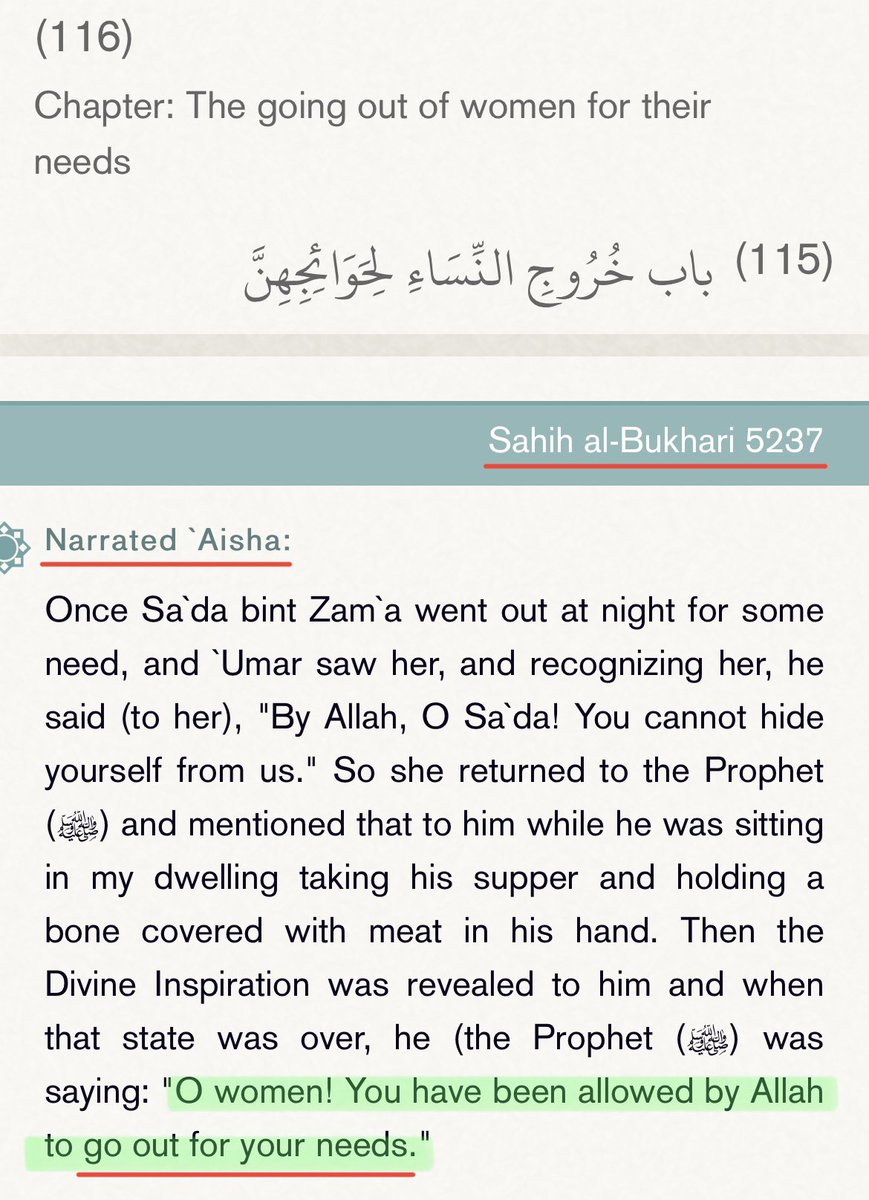
And it also permissible, according to Ayatollah a-Sistani, for a woman to go out of necessity or to fulfill a religious obligation - (Istifta’at a-Sistani, p. 702). 
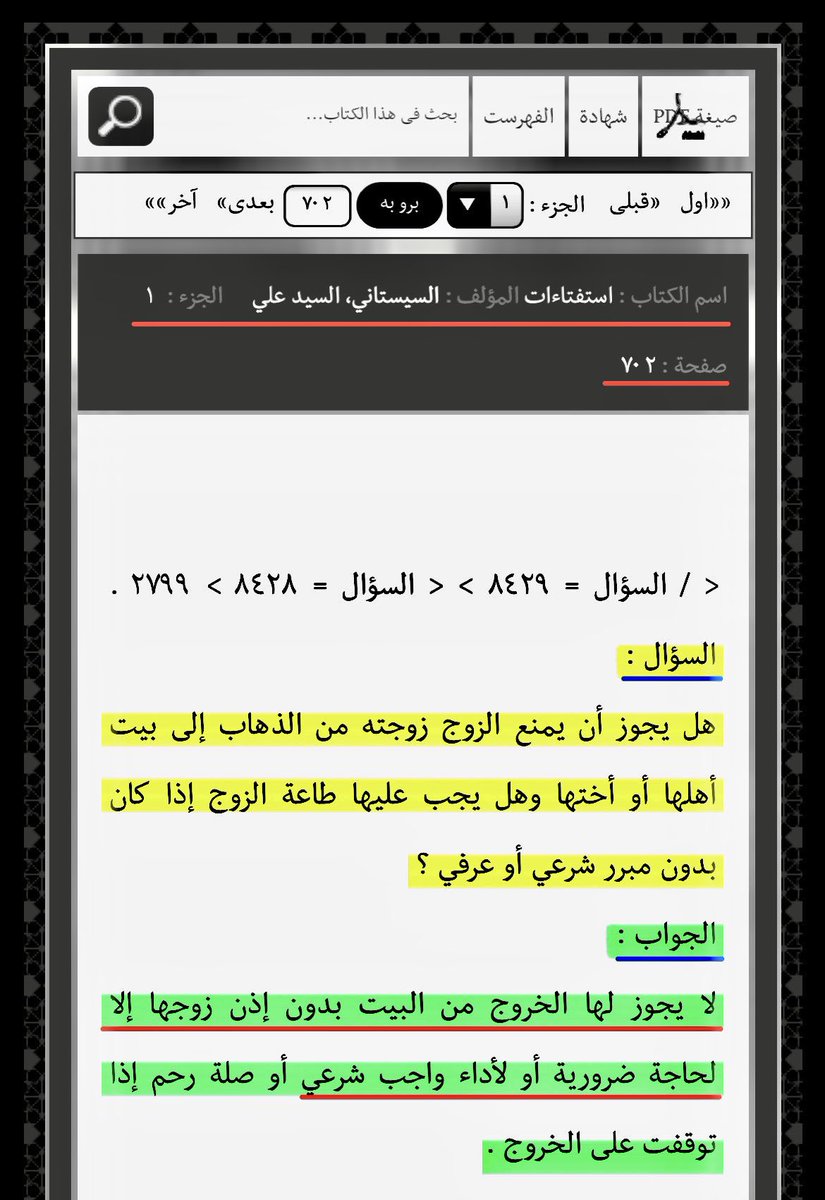
Also, according to Ayatollah al-Khoei and a-Tabrizi, a woman is allowed to go out without her husband’s permission if she going out for a religious necessity.
Fiqh al-Muminat Min Serat a-Najat, p. 186.

Fiqh al-Muminat Min Serat a-Najat, p. 186.

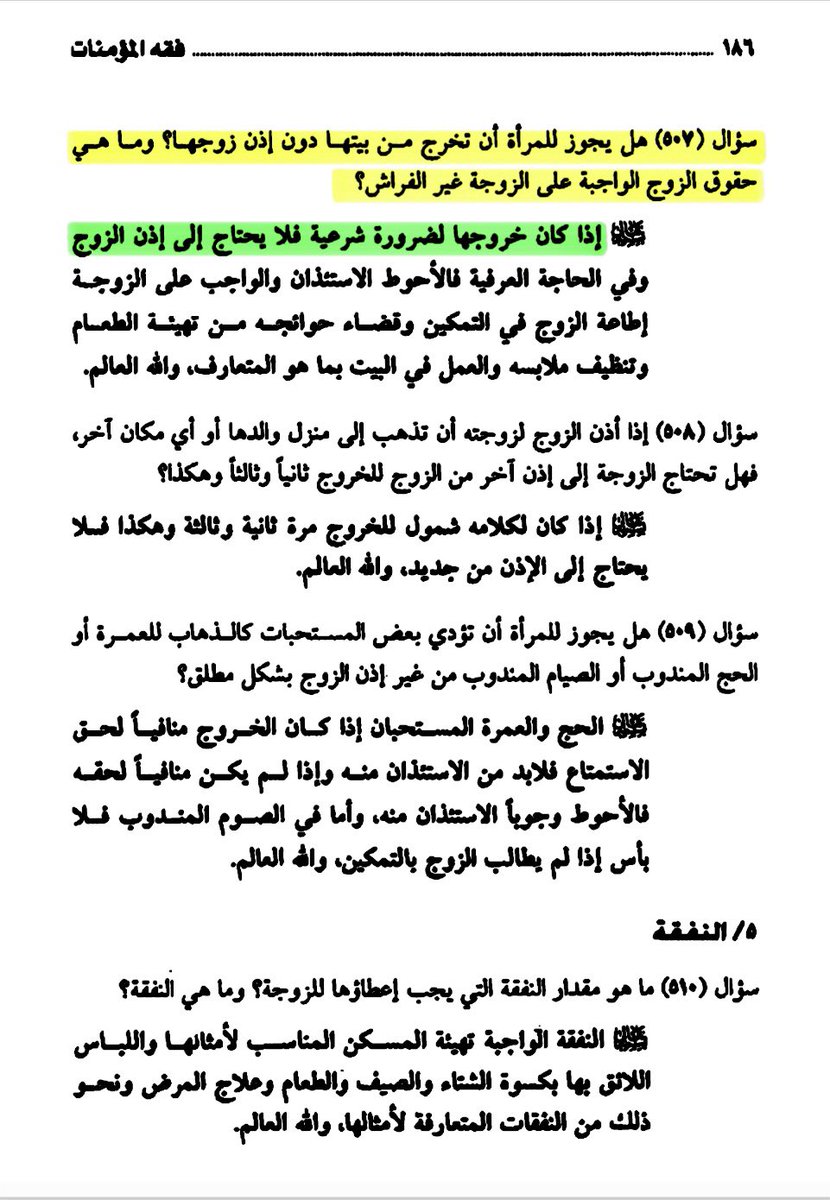
In another setting, Ayatollah al-Khoei was asked if it’s permissible for a woman to go out and free-mix with men in political protests and he said that there is nothing wrong with it.
al-khoei.us/fatawa2/?id=881
al-khoei.us/fatawa2/?id=881
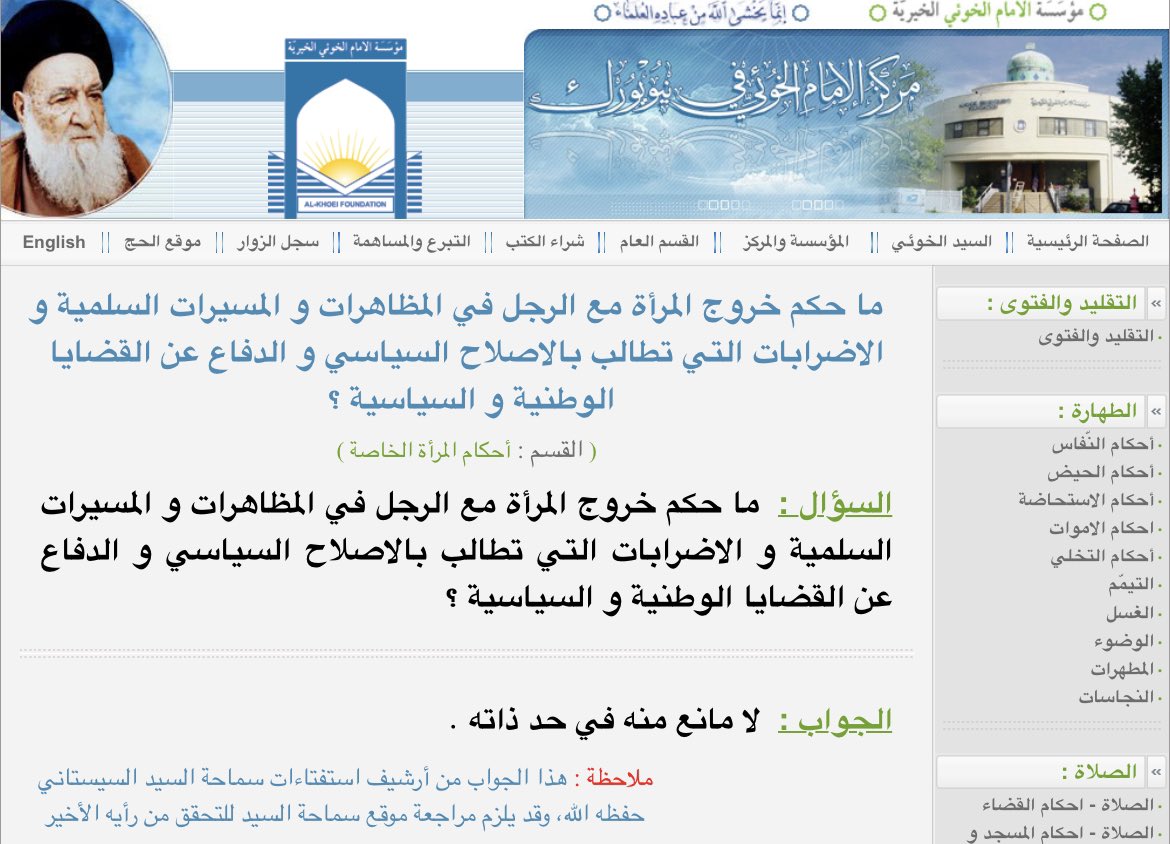
So if it’s permissible for a woman to go out of her house without her husband’s permission with the condition that she’s going out for a religious duty or to free-mix with men in political protests the what’s wrong with ‘Aisha (ra) going out with the intention to make peace?
Allah said: “And if two parties or groups among the believers fall to fighting, then make peace between them both.” - (49:9).
And He, the Most High, said in the next verse: “The believers are nothing else than brothers, so make reconciliation between your brothers.” - (49:10).

And He, the Most High, said in the next verse: “The believers are nothing else than brothers, so make reconciliation between your brothers.” - (49:10).
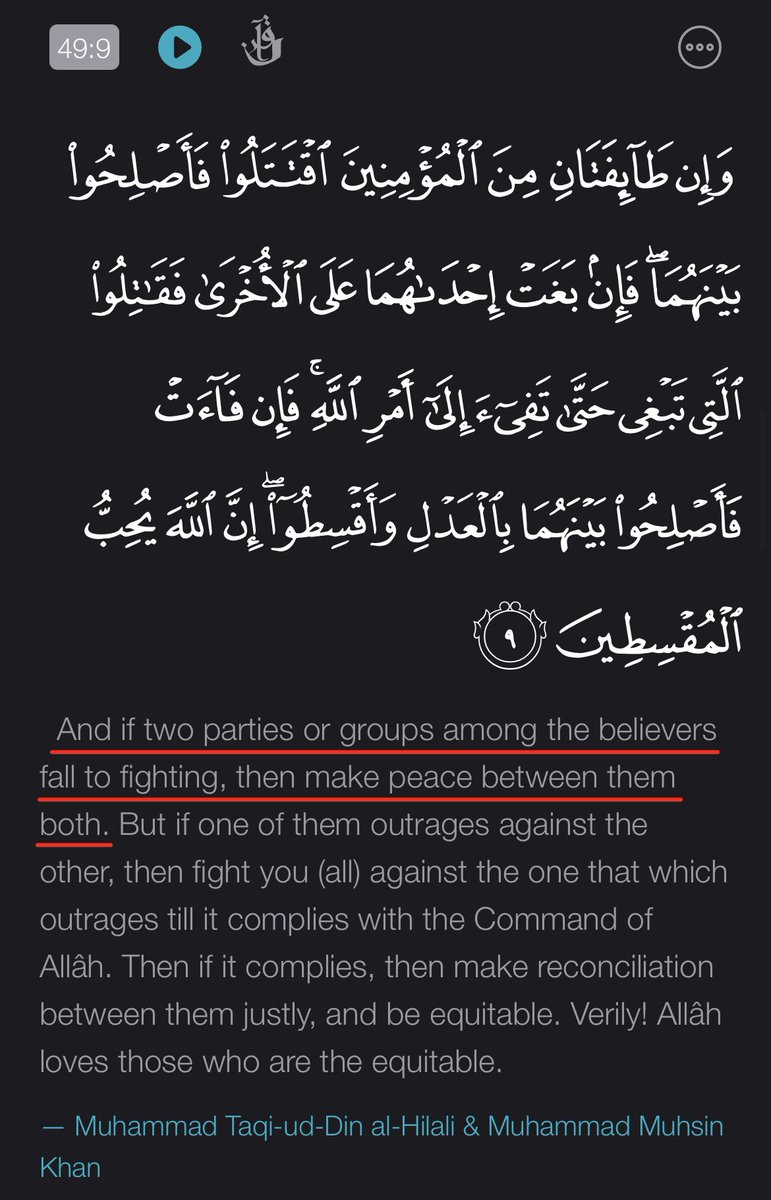

Based off of the authentic reports that he been narrated we’re convince that Aisha (ra)‘s intention was to create peace among the Muslims.
And her intention is a crucial part of this matter because the infallible imams of the shia said that every act has an intention!
And her intention is a crucial part of this matter because the infallible imams of the shia said that every act has an intention!
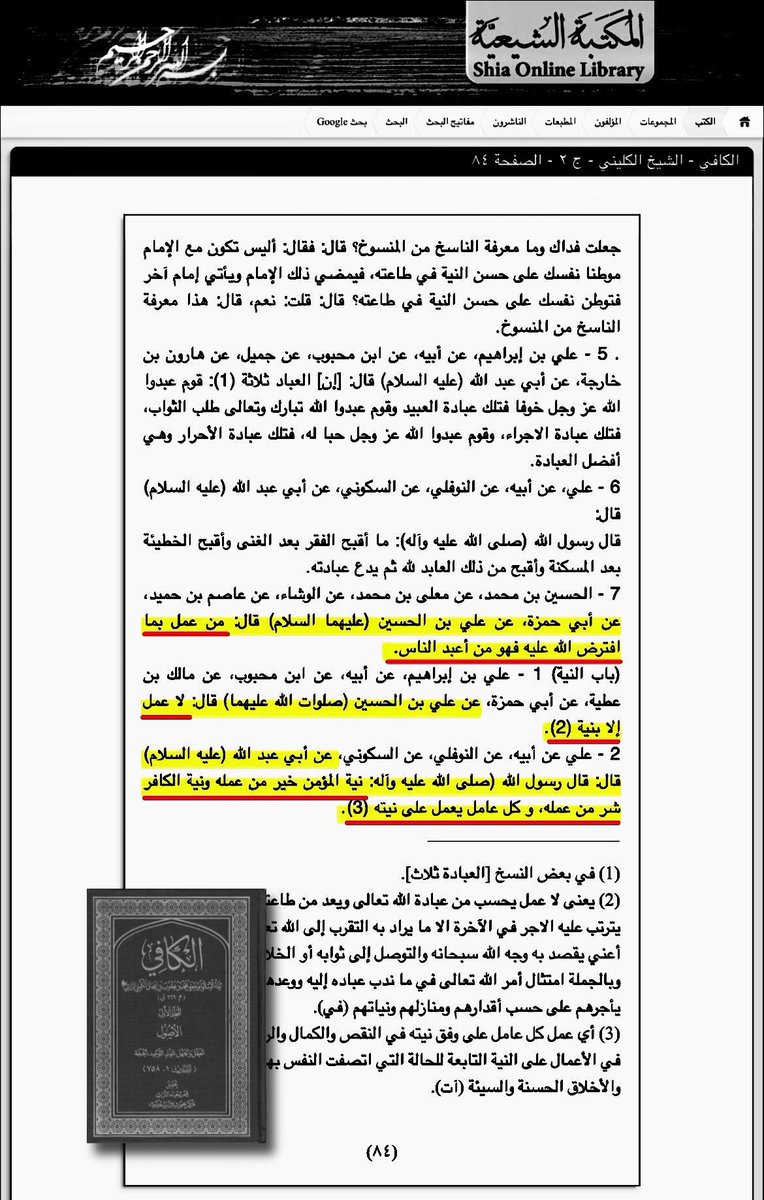
Imam Ahmad narrated with his chain from Qays Ibn Abu Hatim who said: “When Aisha passed by al-Haw’ab (a pond near al-Basra) she heard dogs barking, to which she said, "I think I must go back, the Messenger of Allah ﷺ said, «Which of you (wives) will be barked at by the dogs… 

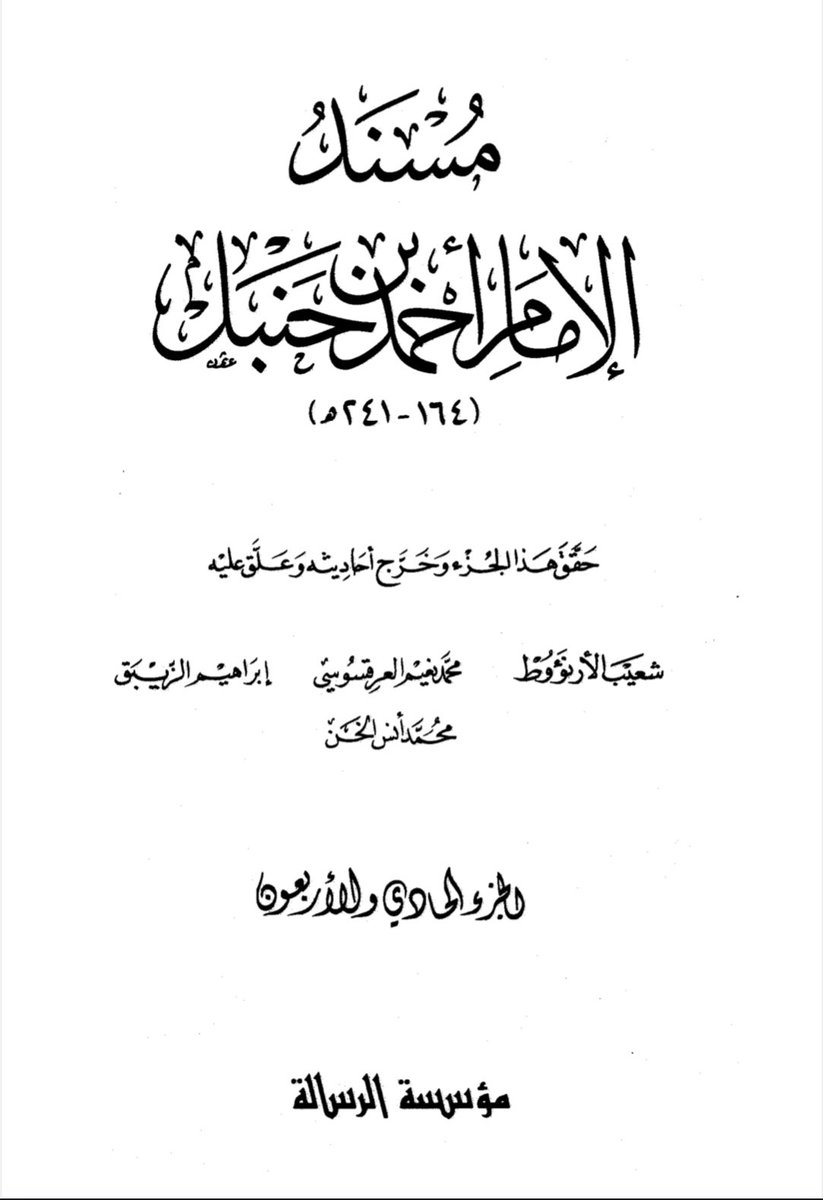
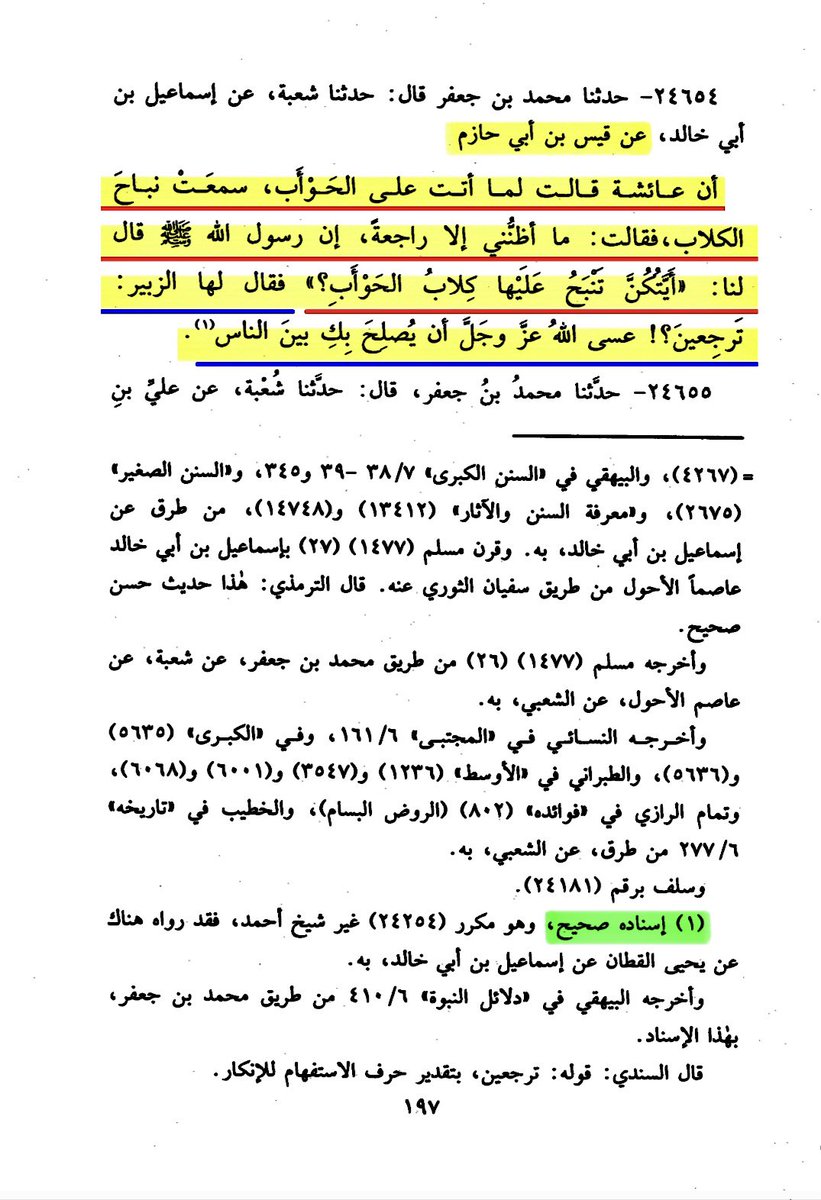
…of al-Haw’ab?»." So Talha said to her, "Go back!? Allah the Most High might create peace between the people through you."” - Musnad Ahmad, vol. 41, p. 197, h. 24654. (Saheeh).
The fact that Aisha (ra) remembered the statement of the Holy Prophet ﷺ is a clear proof of her sincerity.
If Aisha (ra)’s intention was to willingly disobey the Quran then she wouldn’t have remembered the words of the Prophet ﷺ and tried to obey them.
If Aisha (ra)’s intention was to willingly disobey the Quran then she wouldn’t have remembered the words of the Prophet ﷺ and tried to obey them.
Now that we have established the purity and correctness of Aisha (ra)’s intentions in going out to al-Basra, we will now be addressing the mistake itself she made.
We know that although Aisha (ra) had the right intentions, unfortunately they were implemented horribly wrong.
We know that although Aisha (ra) had the right intentions, unfortunately they were implemented horribly wrong.
And we have no problem admitting that although Aisha (ra)’s intention was correct, her actions were wrong.
But does this mean that Aisha (ra) cannot be forgiven? The shia think that because so many people were killed in battle because of her, then that must mean it’s too late.
But does this mean that Aisha (ra) cannot be forgiven? The shia think that because so many people were killed in battle because of her, then that must mean it’s too late.
They believe that she cannot be forgiven even if she repented and to convince us of this point they quote the following verse of the Quran: “And whoever kills a believer intentionally, his recompense is Hell to abide therein...”
“…and the Wrath and the Curse of Allah are upon him, and a great punishment is prepared for him.” - (4:93). 

The verse states that if anyone willingly kills a believer then their punishment will be abide in the fire. However, this cannot be applied to Aisha (ra) for two main reasons:
1). The verse speaks about those who kill a believer intentionally but Aisha’s intention was different.
1). The verse speaks about those who kill a believer intentionally but Aisha’s intention was different.
…we have already explained that he intention was to avenge the blood of ‘Uthman (ra) and create peace among the believers.
2). According to a-Tabrassi, who is a major scholar for the shia. He himself stated that this verse only applies to those who don’t repent…

2). According to a-Tabrassi, who is a major scholar for the shia. He himself stated that this verse only applies to those who don’t repent…
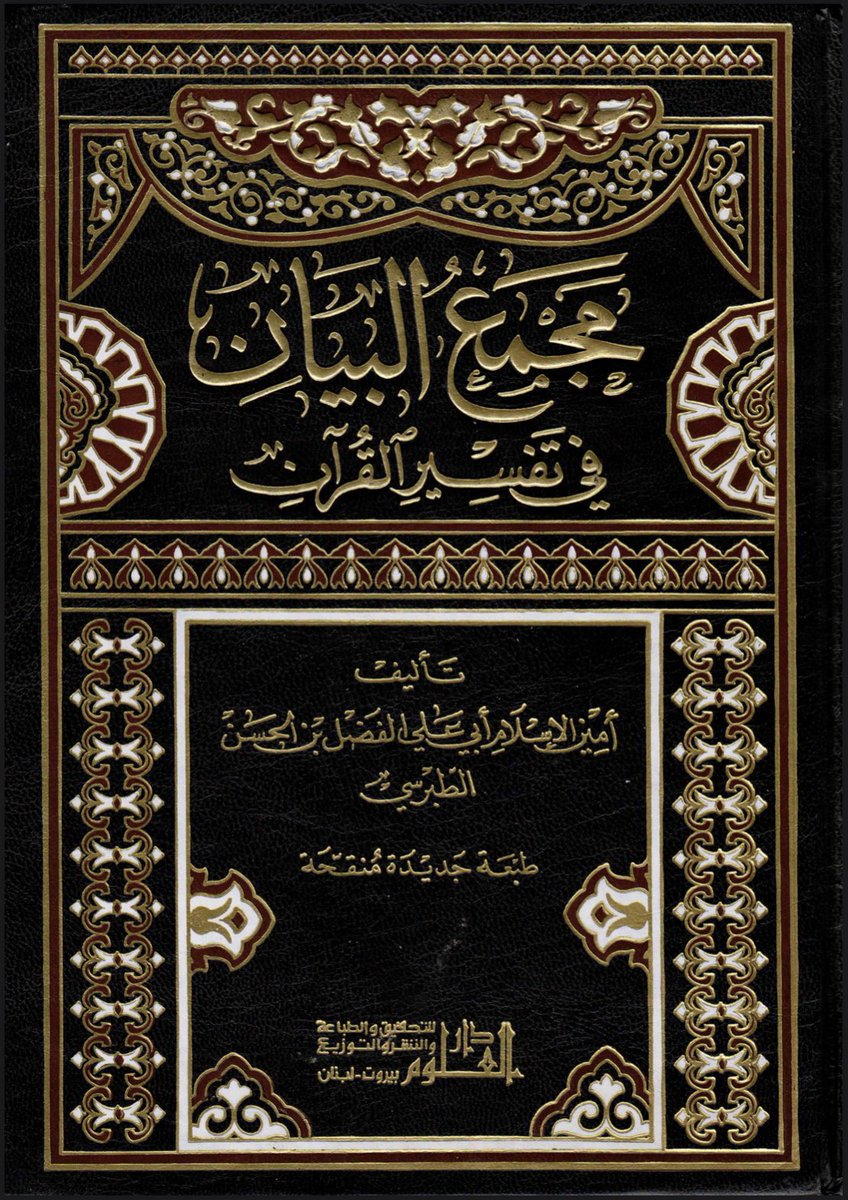
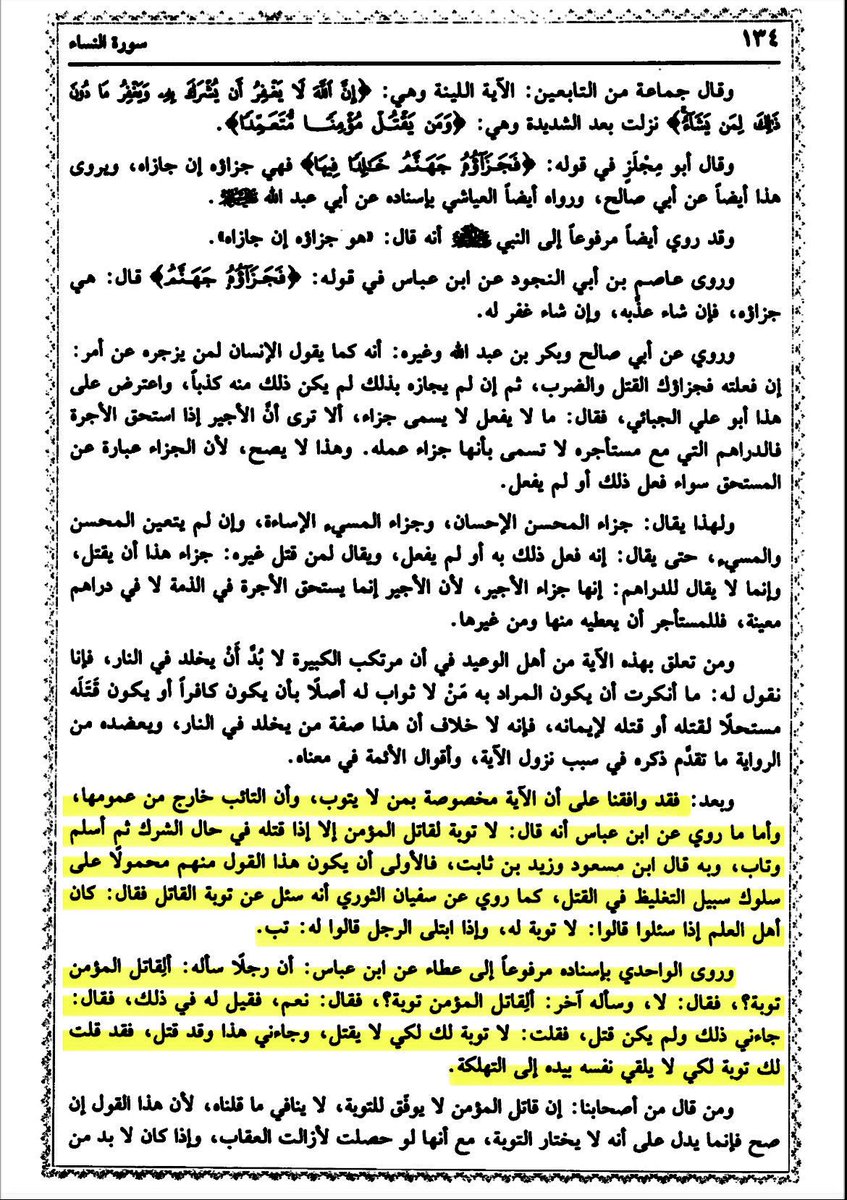
And if the shia argue: “But Ibn ‘Abbas and others from the salaf were asked if a murdered can repent and they said that there is no repentance for the murderer.”
Then it shall be said to them that their own scholar a-Tabrassi, again, explain this issue in the same page…
Then it shall be said to them that their own scholar a-Tabrassi, again, explain this issue in the same page…
…and said that the reason why they told people that a murderer’s repentance is not acceptable was to be harsh and strict in order prevent them from fulfilling their desire to murder a particular person.
And to fully prove our case, we use the verse of Allah where He said: “And those who invoke not any other ilâh (god) along with Allâh, nor kill such person as Allâh has forbidden … Except those who repent and believe (in Islâmic Monotheism), and do righteous deeds.” - (25:68-70) 

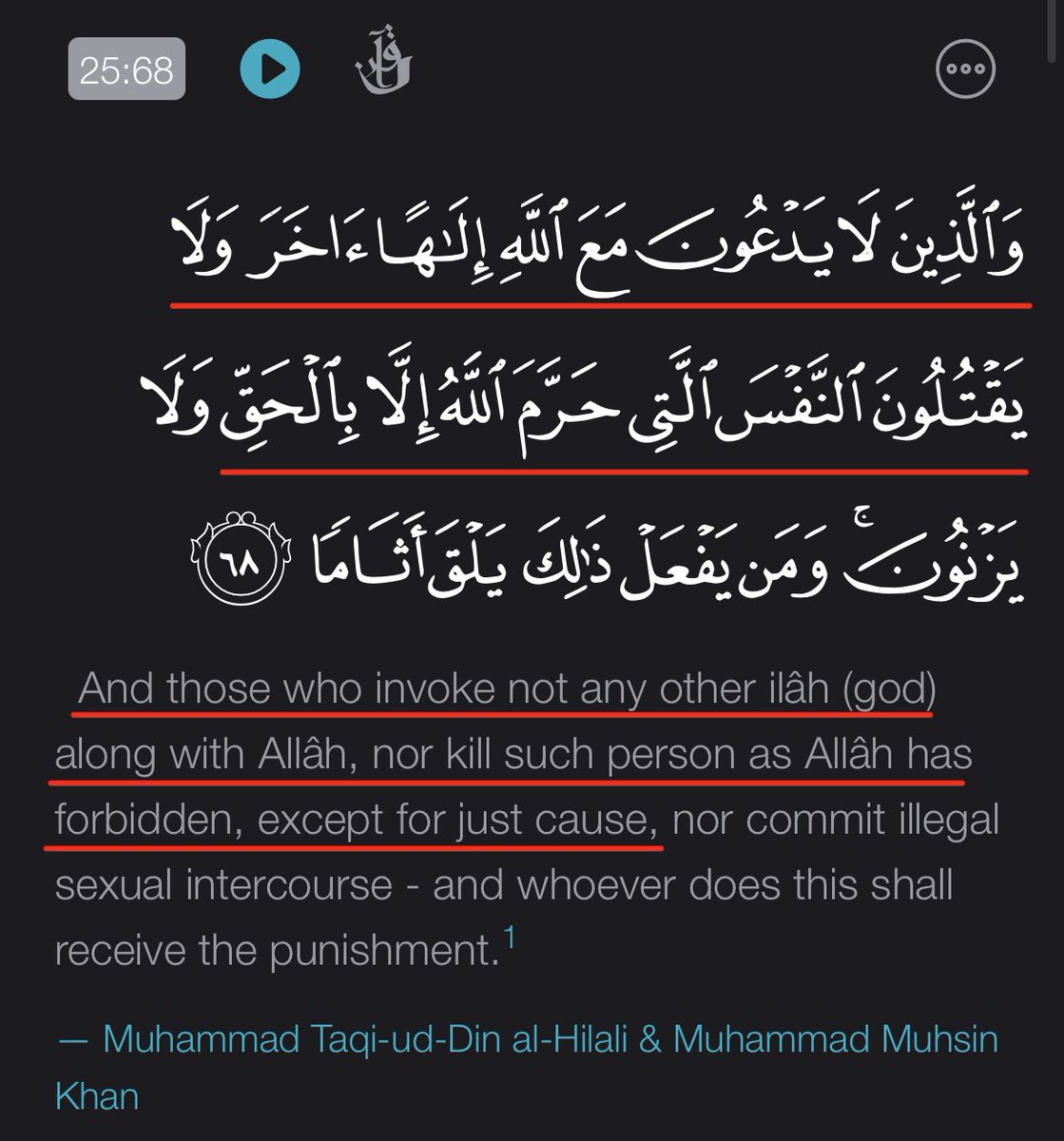

Now if we prove that Aisha (ra) repented then that would be enough to end this discussion once and for all!
Before getting into this we must keep in mind that regretting a sin is part of the repentance as the Prophet ﷺ: “Regret is repentance.”
Before getting into this we must keep in mind that regretting a sin is part of the repentance as the Prophet ﷺ: “Regret is repentance.”
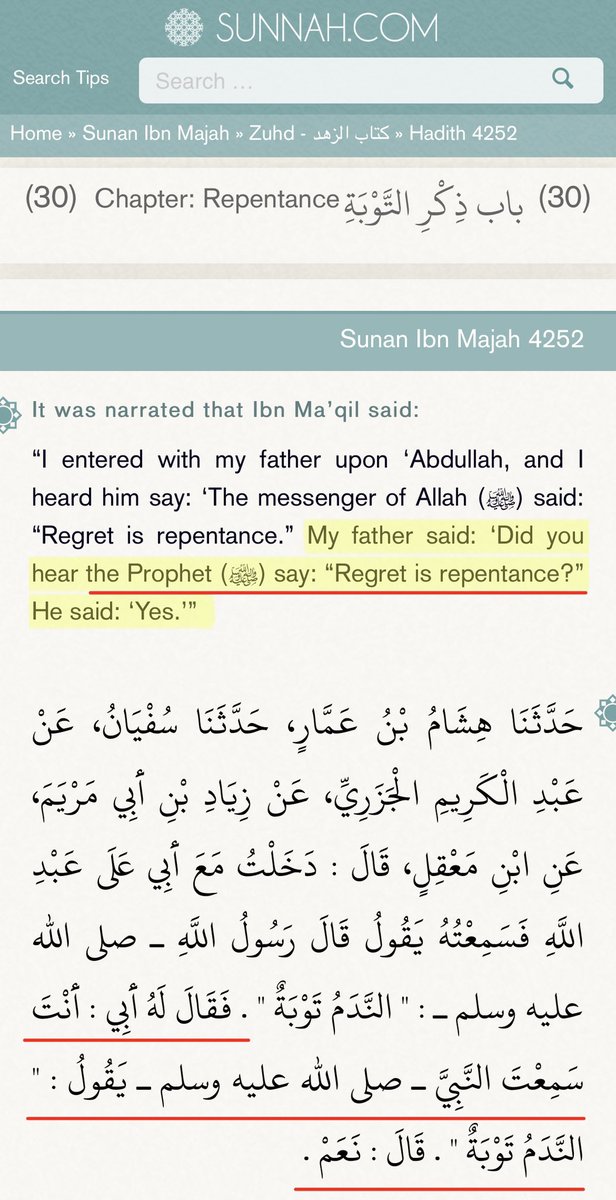
This can also be found in authentic shia ahadith.
Abu Ja’far (as) said: “Regret is enough for a repentance.”
And the imam also said: “Allah will never save someone from their sins except if they admit to their mistake.”
(Rawest-ul-Muttaqin, vol. 12, p. 95).

Abu Ja’far (as) said: “Regret is enough for a repentance.”
And the imam also said: “Allah will never save someone from their sins except if they admit to their mistake.”
(Rawest-ul-Muttaqin, vol. 12, p. 95).
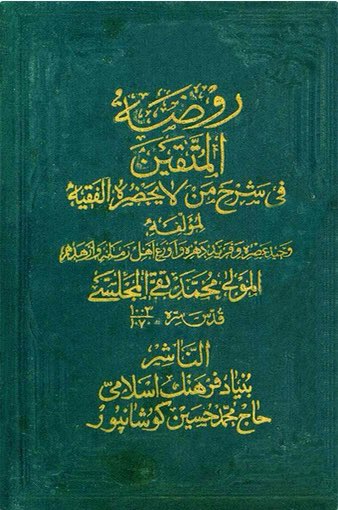
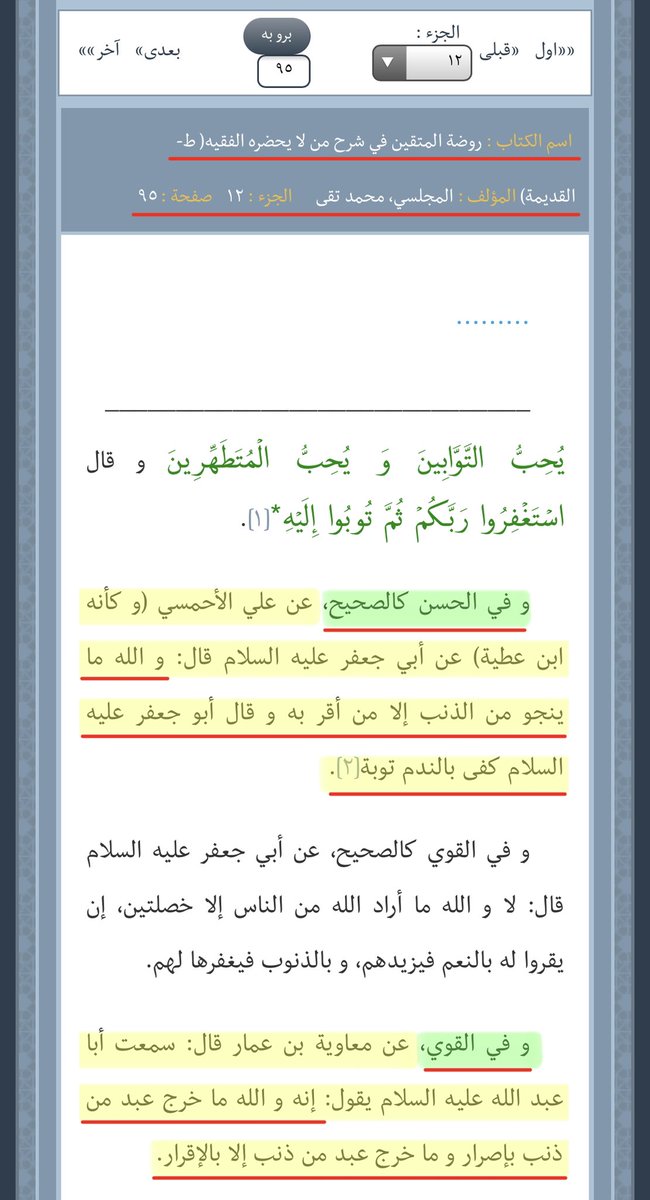
Imam a-Zayla’i explicitly stated that Aisha showed remorse after the battle. And he mentioned an authentic hadith where Aisha asked Ibn Umar if he knew she was wrong in her going out for battle. He answered “yes”, then Aisha said, “If you stopped me I wouldn’t have gone.” 


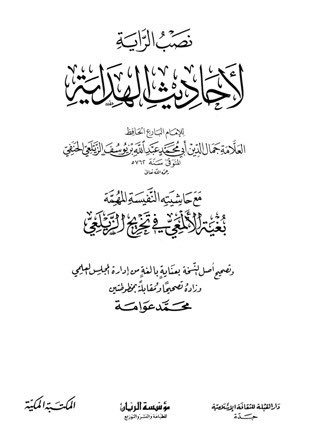
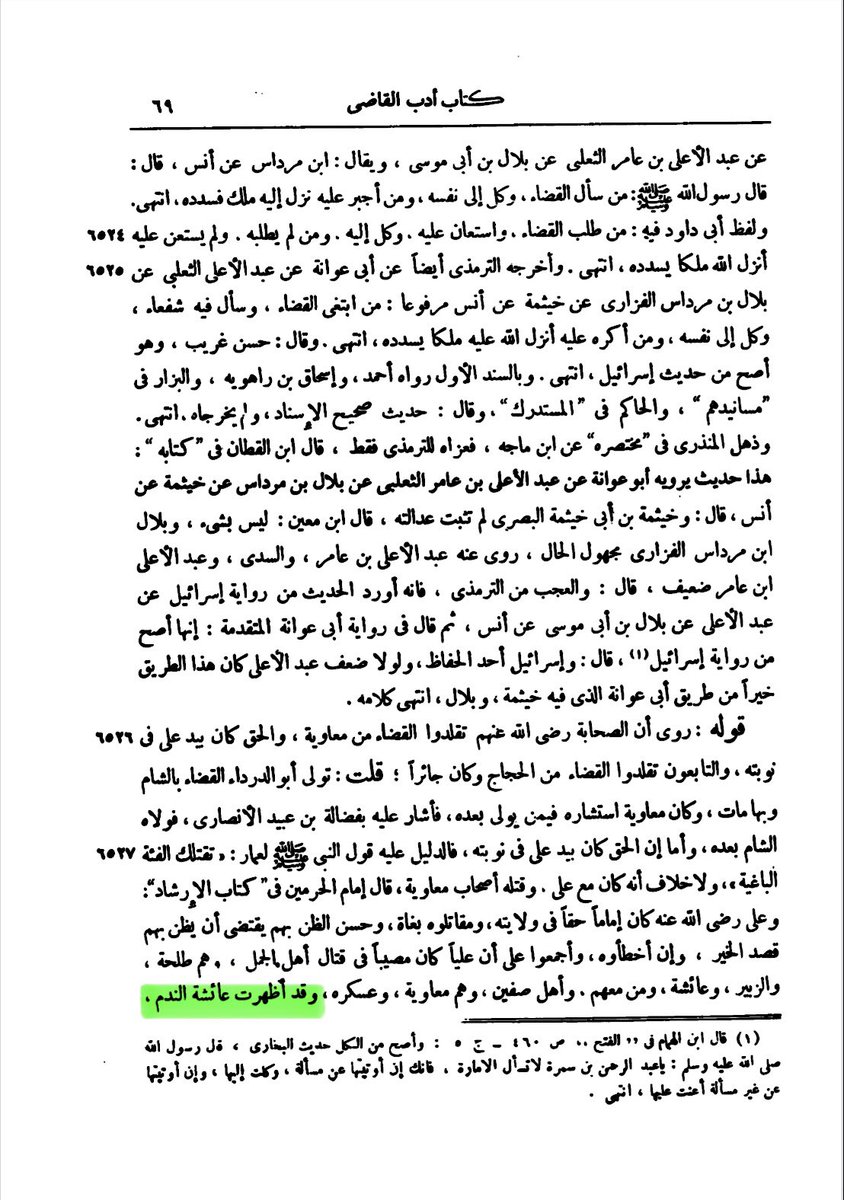
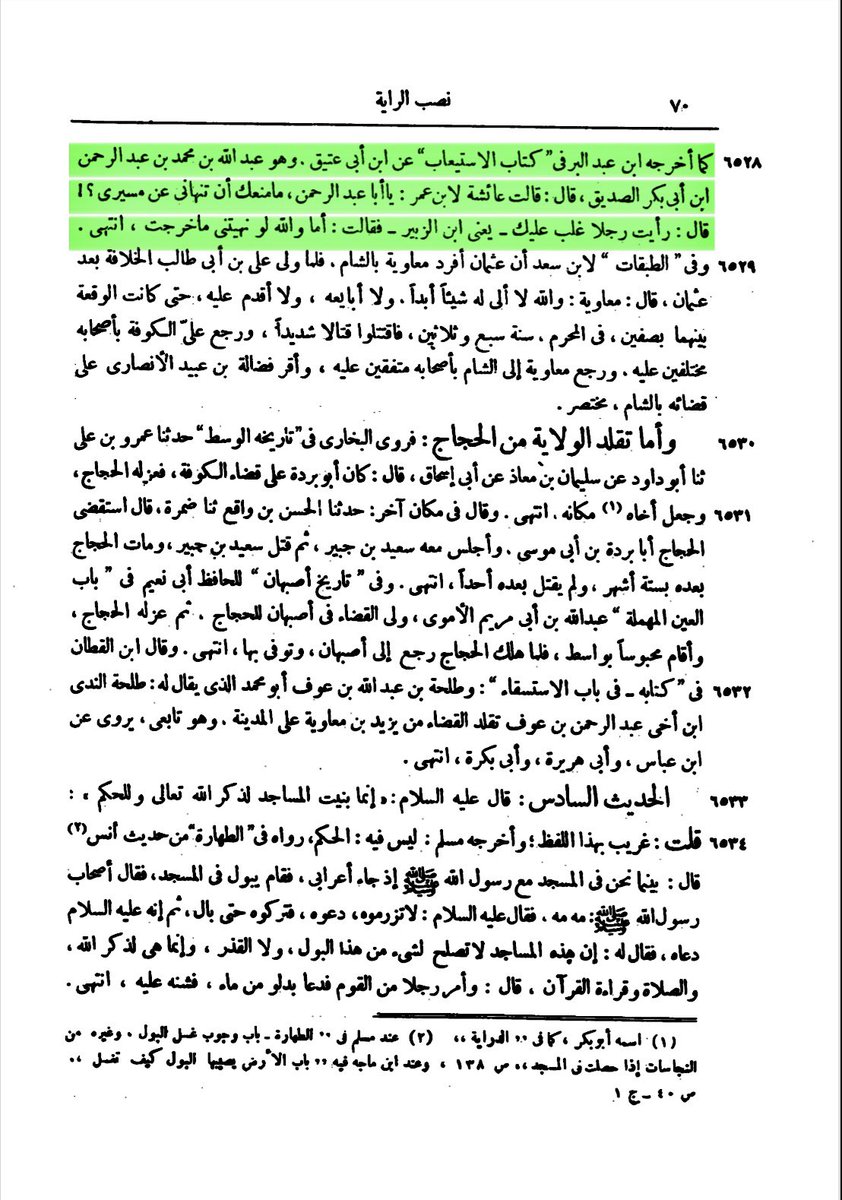
So, to sum up everything that has been stated so far, Aisha (ra)’s intention was not to kill and cause chaos but rather to make peace. She repented for a sin that has been proven to be forgivable.
والسلام عليكم ورحمة الله وبركاته ❤️🌺
والسلام عليكم ورحمة الله وبركاته ❤️🌺
• • •
Missing some Tweet in this thread? You can try to
force a refresh



